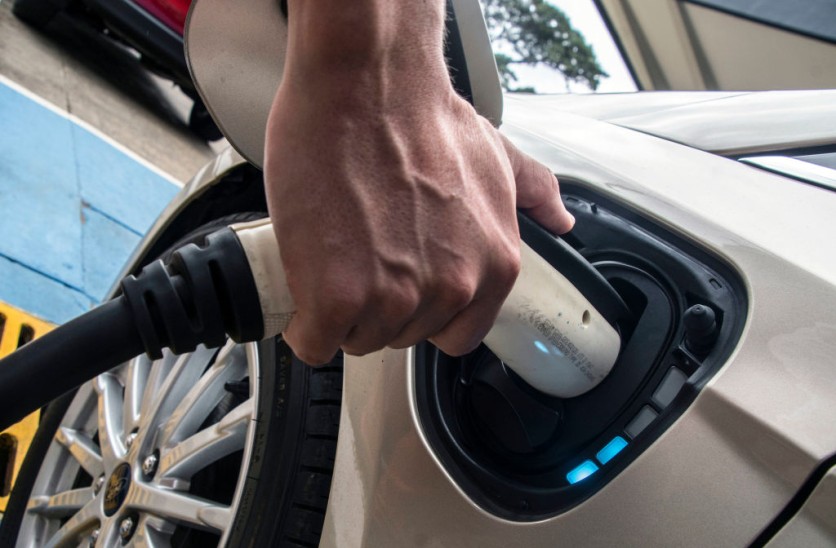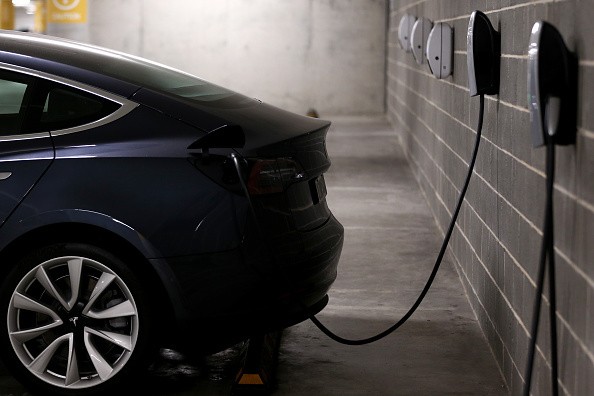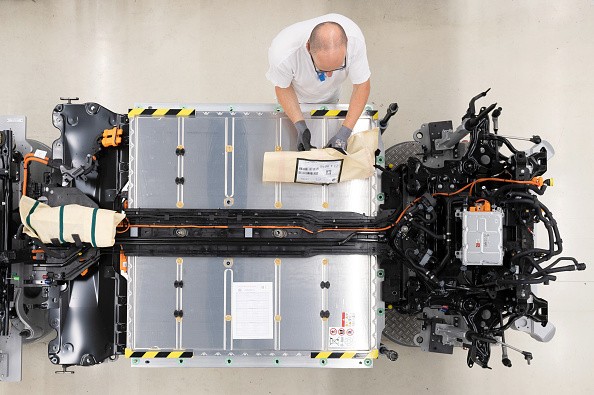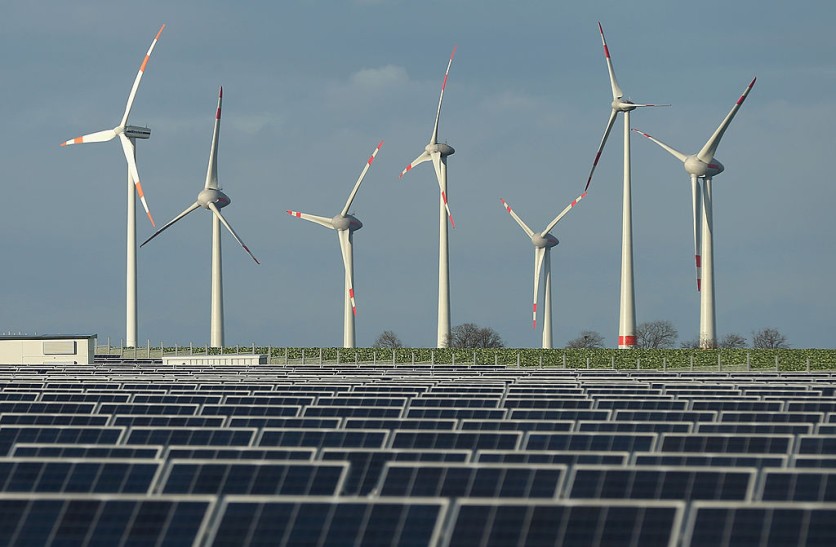Electric vehicles are almost always being touted for their environment-friendly nature. They don't use fossil fuels, after all, and only rely on electricity to work. But just how "green" are these EVs, exactly?

The short answer is pretty green. But the real answer is, "it's complicated." And the latter is mostly due to how electric cars work and are built.
Electric Vehicles And CO2 Emissions
In an article by The New York Times, they tried to answer this same question and came up with a few tidbits. One example is the Chevrolet Bolt, one of the most popular EVs out there. While being all-electric, it emits 189 grams of CO2 for every mile it drives throughout its lifetime.
The Bolt's CO2 emission rate is pretty low. But compared to gas-powered vehicles, not so much. For one, a brand-new, gasoline-powered Toyota Camry pumps out around 385 grams of CO2 per mile.
Going further, how "green" an electric car really depends on where it gets its power where electricity comes from, in general.

Renewable energy is still pretty new in the world. Much of our energy requirements still come via fossil fuels-around 64.5% of it, according to the World Nuclear Association.
As such, any EV that gets charged using a fossil fuel-heavy electrical grid is not "green" by any means unless it gets its power from a renewable energy source. Alhough there are some companies that are trying to change that.
Elon Musk's Tesla, the world's premier manufacturer of electric vehicles, recently pledged to have their superchargers run on pure renewable energy as an Earth Day pledge.
While the company didn't exactly state which energy sources they'd use, there is the confidence that they'll be using wind, solar, and hydro to supply their superchargers with enough power.
EV Batteries Are Still Part Of The Problem
A lot of the world's EVs rely on a single type of battery to run: rechargeable lithium-ion. And believe it or not, the manufactures of these batteries are not at all environmentally friendly, not even by a long shot.
According to a report by CNBC, rechargeable lithium-ion batteries are made in large-scale "gigafactories," which allegedly produce more emissions than factories that make gas-powered cars.

These factories produce an estimated 30-40% extra emissions, which battery manufacturers look at as "initial investment" that will pay off because lifetime emissions will eventually be reduced.
All throughout the globe, China is the leader in battery production, with a total of 93 such factories. The United States, in comparison, has a measly four.
What's Next?
So electric cars aren't too environmentally-friendly, it seems. But that's not the end of the story.
Numerous new technologies in development are looking to change the courses of EVs and green energy and make them converge. For one, rechargeable battery technology is improving, and more batteries are being recycled, mainly due to few raw materials.
Furthermore, the push for renewable energy-fueled grids is still going, with major governments looking to spend billions upon billions of dollars on their green energy infrastructures in the future.

This article is owned by Tech Times
Written by RJ Pierce
![Apple Watch Series 10 [GPS 42mm]](https://d.techtimes.com/en/full/453899/apple-watch-series-10-gps-42mm.jpg?w=184&h=103&f=9fb3c2ea2db928c663d1d2eadbcb3e52)



